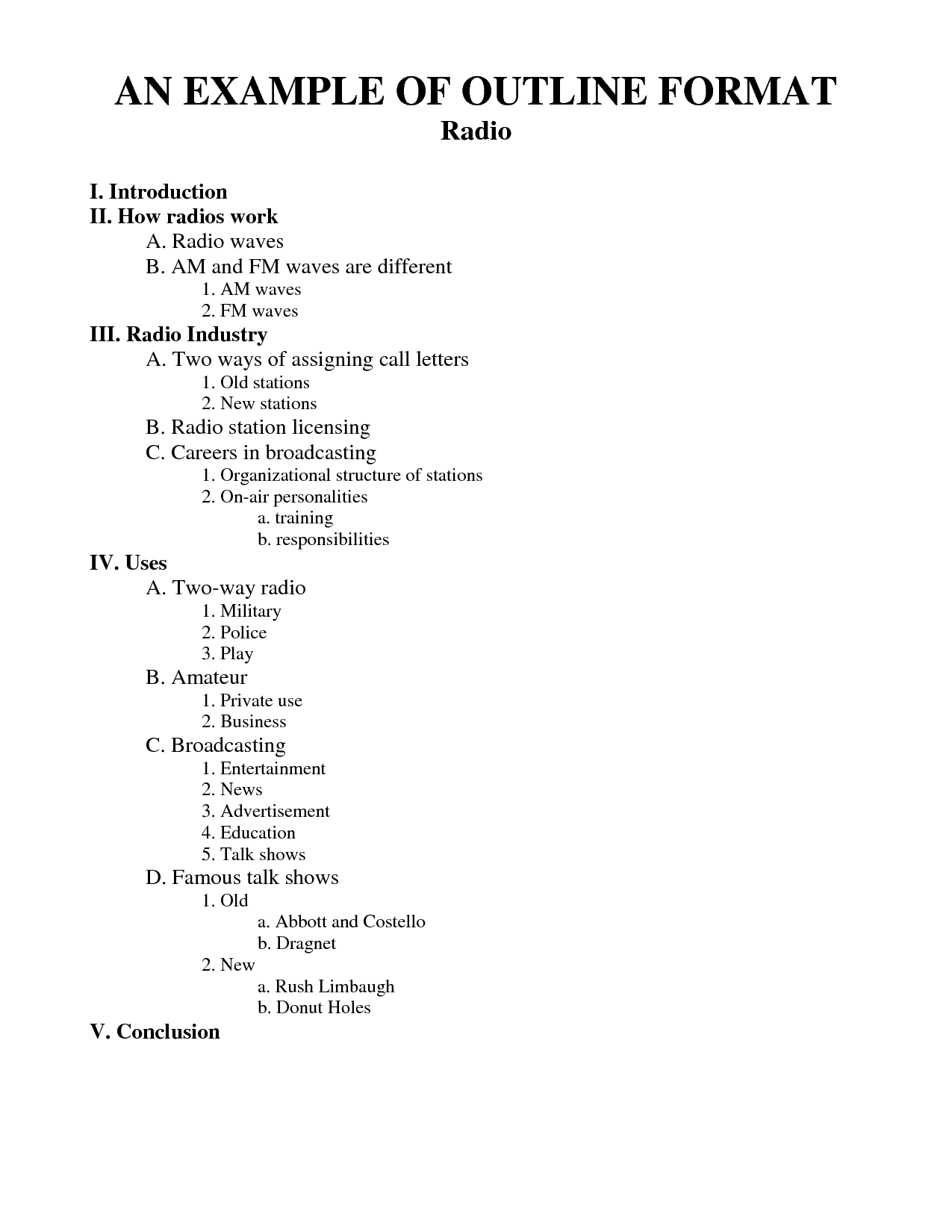The Scaffold of Storytelling: Mastering How to Write an Outline
Have you ever stared at a blank page, the blinking cursor mocking your writer's block? Or perhaps you've begun a writing project with gusto, only to find yourself lost in a sea of disjointed ideas halfway through. We've all been there. But what if there was a tool, a secret weapon, that could help you navigate the often-turbulent waters of the writing process? Enter the outline – a simple, yet powerful framework that can transform your writing from a jumbled mess into a cohesive masterpiece.
The concept of outlining might seem rudimentary at first, perhaps even a tad tedious. However, don't let its unassuming nature fool you. The ability to create a well-structured outline is a cornerstone of effective communication, a skill valued since the dawn of written language. From the eloquent speeches of ancient orators to the groundbreaking research papers of today, outlines have served as invisible scaffolding, providing structure and clarity to countless written works.
The beauty of an outline lies in its flexibility and adaptability. It's not about imposing rigid rules; it's about creating a roadmap, a personalized guide to navigate the terrain of your own ideas. Whether you're writing a captivating novel, a persuasive essay, a comprehensive research paper, or even a compelling marketing email, the principles of outlining remain invaluable.
But why is outlining so crucial, you ask? The answer is deceptively simple: it allows you to organize your thoughts, ensuring a logical flow of ideas and preventing the dreaded rabbit trails that can derail even the most promising writing projects. Think of it as the blueprint of a building; you wouldn't start construction without a clear plan, would you? Similarly, an outline provides the structural integrity your writing needs to stand tall and resonate with your audience.
Now, you might be wondering, "What's the secret sauce to crafting a truly effective outline?" The good news is that there's no one-size-fits-all approach. The best outline is the one that works best for you and the specific project at hand. However, there are some fundamental principles and techniques that can help you unlock the transformative power of outlining.
Advantages and Disadvantages of Using Outlines
| Advantages | Disadvantages |
|---|---|
| Improved organization and clarity | Can feel restrictive for some writers |
| Enhanced logical flow of ideas | Potential for over-planning and stifling creativity |
| Reduced risk of writer's block | May require time investment upfront |
Let's delve into some best practices for incorporating outlining into your writing process:
1. Embrace the Power of Brainstorming: Before you even think about structuring your outline, let the ideas flow freely. Jot down everything that comes to mind, no matter how random or insignificant it may seem. This brainstorming session will serve as the raw material for your outline.
2. Identify Your Main Points: Once you have a pool of ideas, start grouping them into main categories or arguments. These will form the backbone of your outline.
3. Create a Hierarchy: Use a combination of headings, subheadings, bullet points, and numbers to establish a clear hierarchy within your outline. This will help you visualize the relationship between different ideas and ensure a logical flow.
4. Keep it Concise: An outline should be a roadmap, not a novel in itself. Use keywords and short phrases to represent your ideas. You can always flesh them out later during the writing process.
5. Stay Flexible: Remember, your outline is a living document. Don't be afraid to revise, rearrange, or even discard ideas as you go along. The writing process is all about discovery and refinement.
Mastering the art of outlining is an investment that will pay dividends in all your writing endeavors. It's about equipping yourself with the tools and strategies to transform your ideas into clear, compelling, and impactful communication. So, the next time you find yourself facing the dreaded blank page, remember the power of the outline. Embrace the structure it provides, unleash your creativity, and watch your words come alive with purpose and clarity.
Navigating medicare part d costs with the aarp plan finder
Score big your guide to the fedex forum seating chart view
The enchanting world of female angel fantasy art













